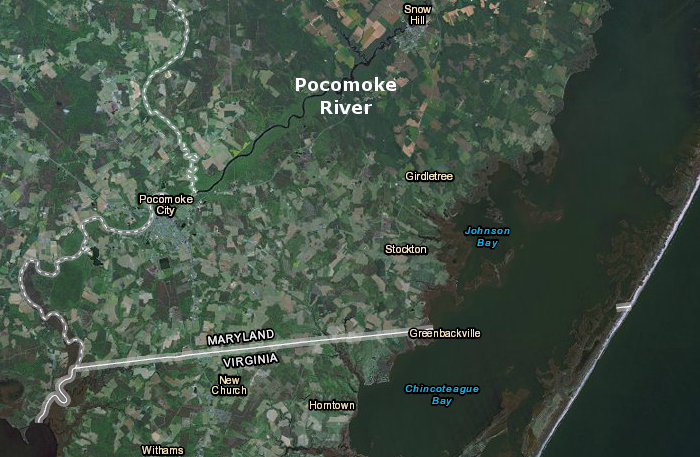
raw sewage was released from Snow Hill's wastewater treatment plant
when the Pocomoke River flooded during Superstorm Sandy, so the northwestern border of Accomack County was polluted
Source: US Fish and Wildlife Service, Wetlands Mapper
| At the end of this section, you will be able to: |
|---|
|
